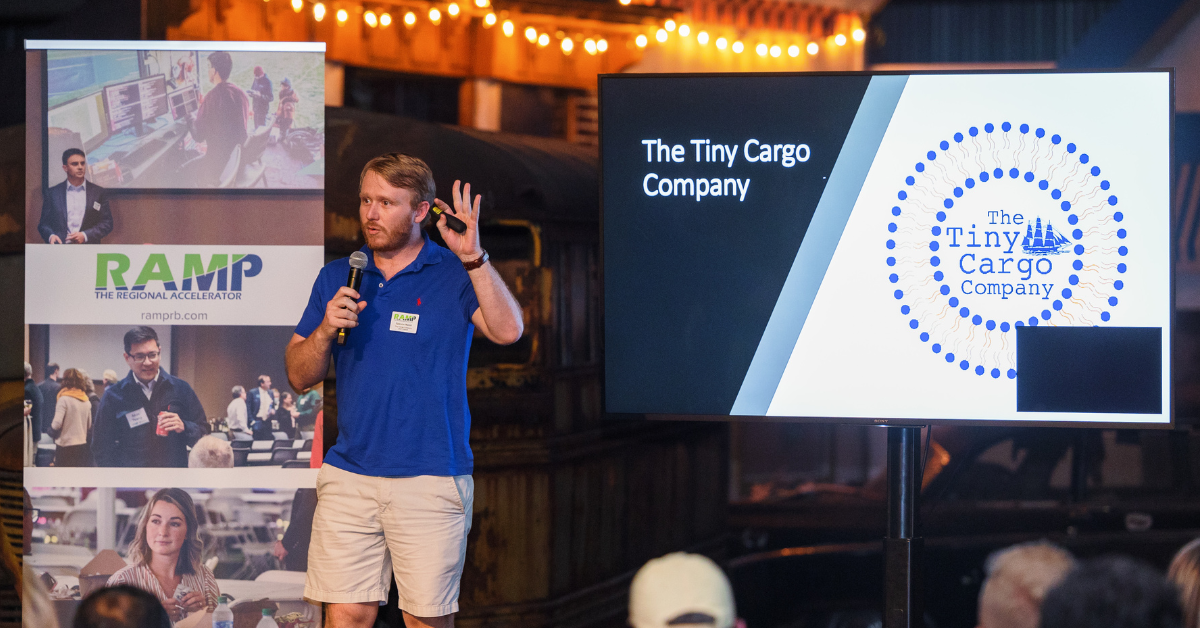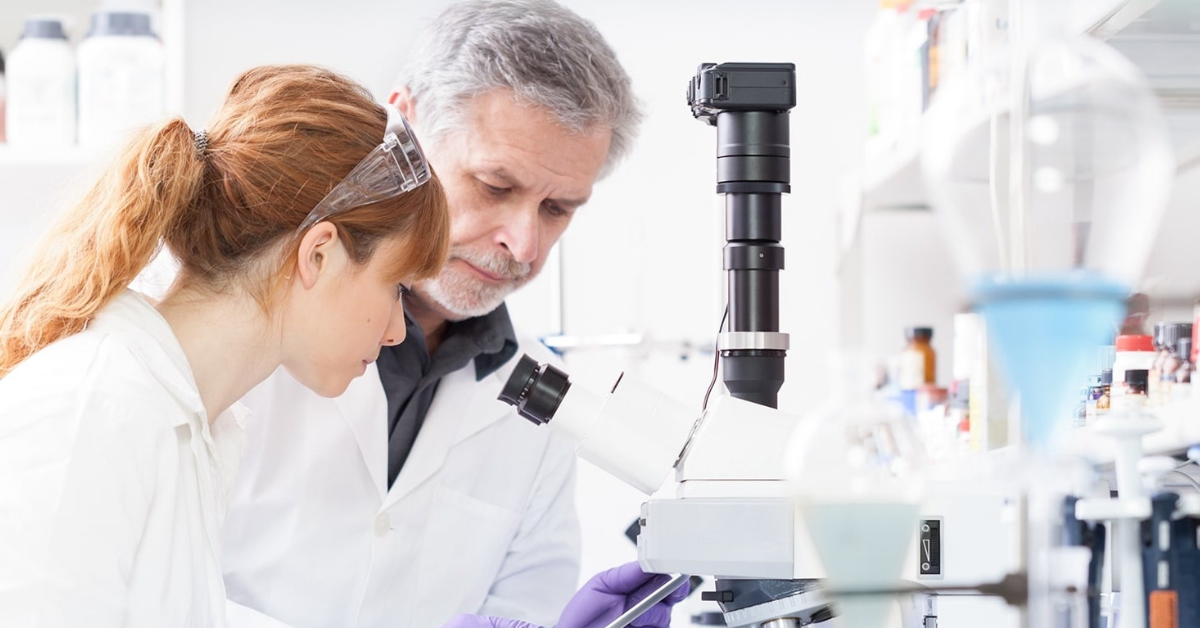STEM
The DC QuickFire Challenge previously helped The Tiny Cargo Company accelerate their business and connected them with national mentors and resources. Current challenge is open to oncology innovators and includes […]
Are you a teacher looking to expand your knowledge of biotechnology, not only for yourself but for your students? Then you won’t want to miss this new professional development opportunity […]
Two Virginia Western biotechnology courses and a 10-week internship turned into a life changing journey for one Fincastle native. A biology major at the University of Virginia, Skylar Gay’s journey […]
Are you a growing STEM company looking for fresh talent? Then you won’t want to miss a new opportunity from VA Bio-Connect designed to kick-start your internship program! STEM2VA Summer Internship Program […]
FIRST Lego League is a worldwide robotics competition for 3rd-9th graders using Lego EV3 robots. Kids solve programming and building challenges, present research to a panel of judges in a creative […]
The Roanoke Blacksburg Technology Council is pleased to launch two new email lists to continue to build awareness and support STEM (Science, Technology, Engineering and Math) activities in the Roanoke-Blacksburg […]
The mentors that are paired up with students through the Women in STEM Mentoring Program are local women involved in STEM related fields. We are proud to say many of these mentors are RBTC members.
Volunteers – especially referees – are needed for assistance with one of the Premier STEM programs in Virginia! FIRST Robotics Competition (FRC) is recognized as the premier high school engineering […]



